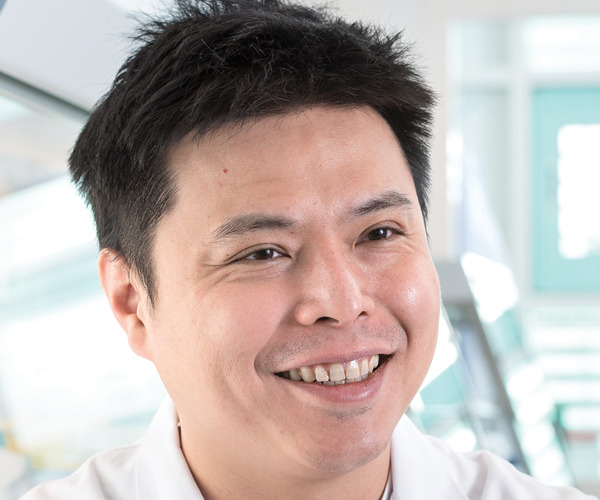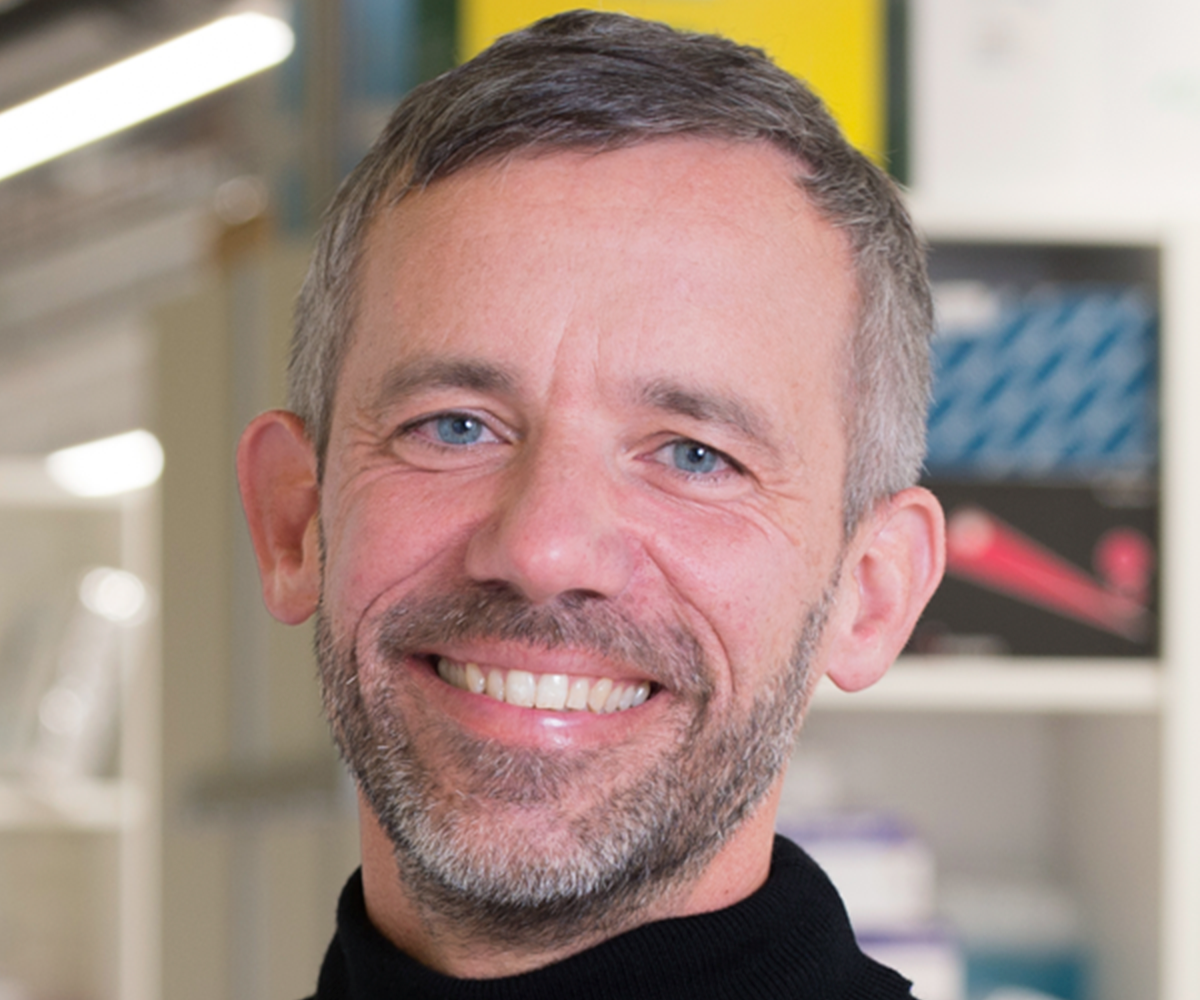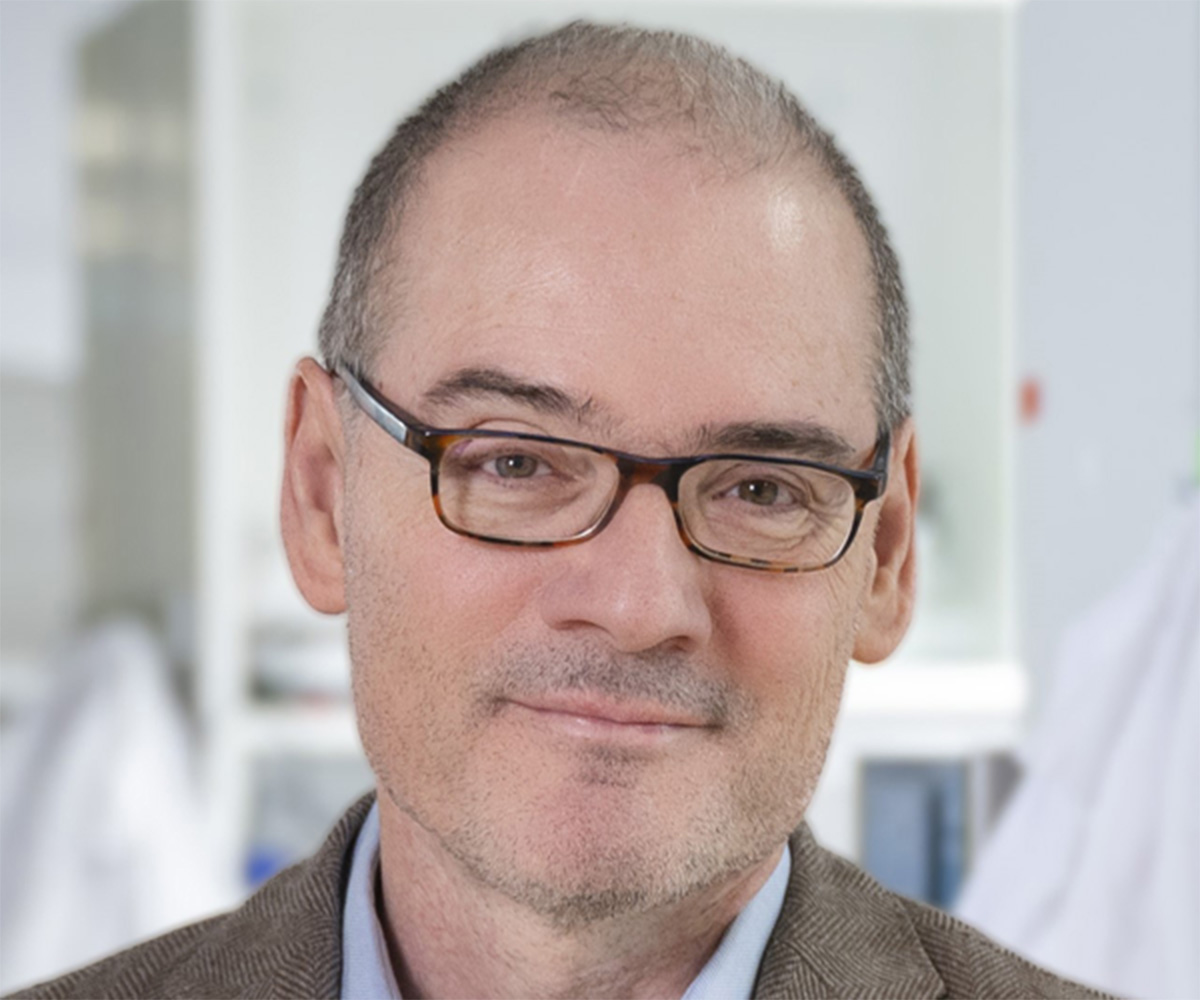





Myeloid cells of the immune system—like macrophages, dendritic cells and neutrophils—play many and often paradoxical roles in the tumor microenvironment (TME). Macrophages, for example, can gobble up malignant cells and, like dendritic cells, orchestrate a T cell assault on tumors. Or they can suppress immune responses, nurture the growth of cancer cells and abet their metastasis. Similarly, neutrophils can be assets to immunotherapy. But they can just as easily be manipulated by the TME to shield cancer cells from immune attack or build a niche for their metastatic progeny.
In other words, wherever something interesting is happening in a tumor—from metabolic shenanigans to stromal remodeling—you’re likely to find a myeloid cell in the mix. If this makes for some fascinating biology, it also raises the profile of these multifaceted cells as prospective stars in an array of possible immunotherapies. And few places are better equipped to explore that possibility than the Ludwig Lausanne Branch, which has emerged as a global hotspot of research on myeloid cells in tumor biology. To better harness this potential, the Ludwig Institute for Cancer Research invested in a collaborative discovery and translational research program at the Branch called the Myeloid Cells in Cancer Initiative (MCCI). Notably, the Initiative leverages the Branch structure of the Ludwig Institute, which was devised by the Institute’s architects to engender scientific collaboration. Rather than focusing on individual labs or scientific stars—as do many other biomedical research funders—Ludwig’s Branches naturally enable the pooling of multiple disciplines and talents to solve important problems in cancer biology.
The ultimate goal of the MCCI is to create a cancer-associated myeloid cell atlas and advance a set of pioneering therapeutic agents into human trials. Its immediate objectives are equally well defined. Participating laboratories will, for starters, identify key genes that orchestrate the pro-tumoral functions of myeloid cells that are also dispensable in healthy tissues and can thus be safely targeted for cancer therapy. A handful of such genes have already been identified by the MCCI’s participating laboratories. The researchers will also identify unique genetic payloads, such as cytokines and antibodies, that can be engineered into myeloid cell progenitors to undermine various pro-tumoral functions. Why progenitors? Because, unlike their mature descendants, these cells are easily expanded in culture and persist far longer in both labs and living animals. Finally, the Initiative will pin down gene promoters and enhancers that can be used to ensure the targeted expression of those payloads in the tumor myeloid compartment and not in healthy tissues, where such expression could prove toxic.
The MCCI is divided into two main arms. A Discovery Program, primarily involving the laboratories of Doug Hanahan, Ping-Chih Ho, Johanna Joyce, Mikaël Pittet and Bernhard Gentner, explores novel myeloid targets that are both readily actionable and amenable to clinical translation. A program led by Mikaël is also charting myeloid cell states across multiple cancers in mouse models and humans to generate a reference atlas for use by the MCCI as well as other laboratories across the Ludwig community—and beyond. Its aims are to define similarities and differences between myeloid cells and their states across malignancies to identify how they influence clinical outcomes, and to determine which mouse models are optimal for the study of cancer-associated myeloid biology.
A Translational Program led by Bernhard and Ludwig Lausanne Director George Coukos will generate and preclinically evaluate products that flow out of the Discovery Program and develop manufacturing processes to smooth their path into human trials.
Given the talent amassed behind the effort, it’s a fair bet more than a few will complete that journey.
Back to December 2024 Ludwig Link